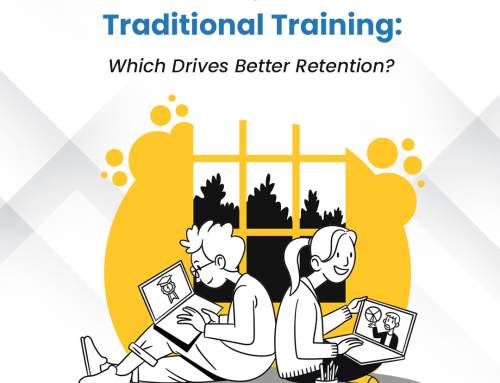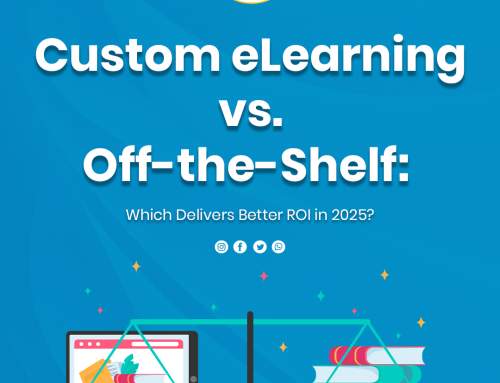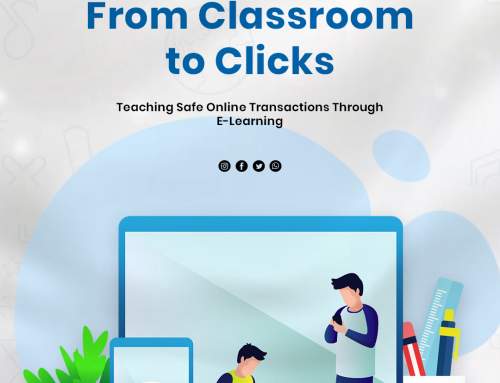Training and retaining skilled employees who are quick to adapt to changes is a challenge that corporates are facing in today’s ever-evolving business environment. Today, boring classroom trainings and lengthy company manuals are replaced by modern, flexible and technology-driven methods like eLearning. eLearning has transformed the way companies today onboard new employees and provide continuous skill development.
E-Learning has gained tremendous popularity in the corporate world. With the use of interactive modules presented on digital platforms and online resources to deliver the training, eLearning has become accessible, personalised and scalable.
With the onset of remote and hybrid work models, employees want flexible learning that will fit into their work schedules and as a result, eLearning is becoming a norm with the corporates. For the employers, this approach reduces logistical barriers and provides measurable insights into progress.
Further, eLearning addresses challenges like confusion, low engagement, and early attrition faced as a result of a poor onboarding experience. This is achieved by creating structured, engaging and repeatable onboarding experiences.
The benefits of E-Learning are:
- Consistency in Training: All new employees receive the same high-quality training materials, reducing the chances of gaps in knowledge.
- Interactive Learning Modules: Interactive learning modules comprising videos, simulations, and quizzes make the onboarding process engaging and help employees retain information.
- Self-Paced Learning: Employees can self-educate and refresh their learning whenever needed, reducing dependency on HR or trainers for clarification.
Employees need to upskill themselves constantly to adapt to the ever-evolving digital sphere. To support this, eLearning offers:
- Personalised Learning Paths: Customised courses tailored to individual requirements and skill levels.
- Microlearning: Bite-sized modules that employees can consume in short bursts, ensuring better knowledge retention.
- Anytime-Anywhere Access: Mobile-friendly platforms let employees learn on the go, which is especially valuable for remote teams.
- Tracking and Analytics: Managers can monitor progress, completion rates, and performance improvements in real time.

Organisations also benefit from eLearning. Digital training sees higher retention rates amongst employees, improved performance and dedication. E-Learning proves to be cost-effective as travel costs, venue costs and printed material cost is reduced. Training programmes can be conducted globally, and the content, being dynamic, can be updated quickly to match the current industry requirements.
Thus, eLearning is not just a training tool but a strategic enabler of growth and competitiveness. With technology evolving all the time, going ahead, eLearning will become even more immersive and impactful. Tools like AI, virtual reality simulations and gamification are making learning more engaging and effective.
E-Learning is redefining how organisations onboard, train, and empower employees. Ultimately, employees who feel equipped and supported are more confident, engaged, and successful in driving long-term value for the organisation.







Leave A Comment